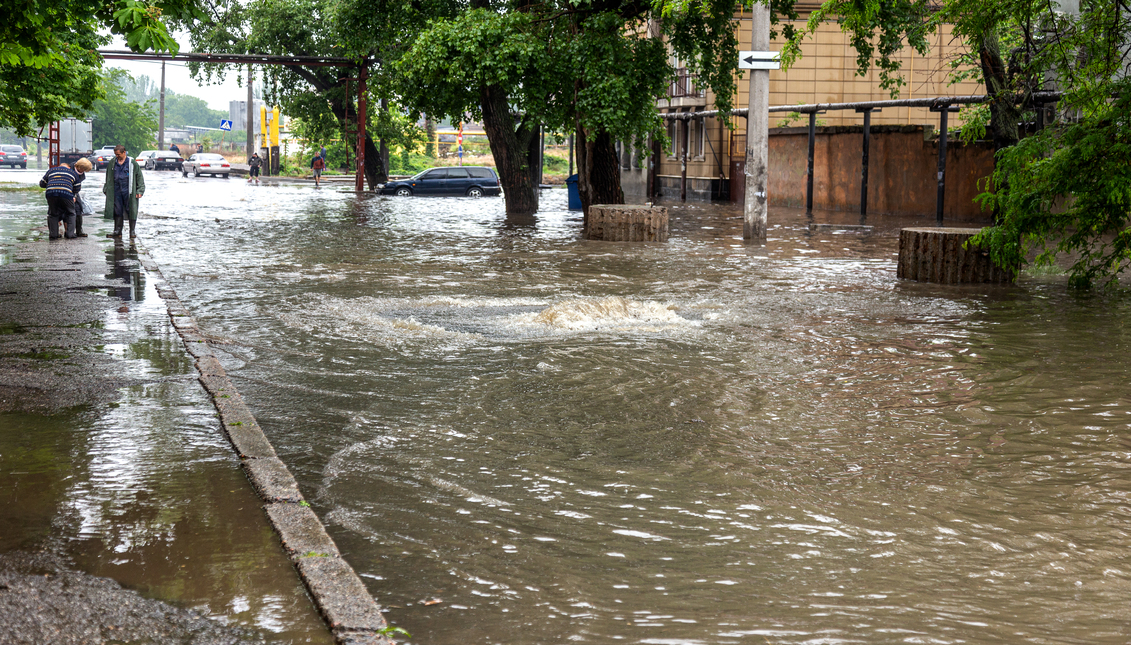Colombia: A Country of Natural Contrasts and Challenges: Exploring its natural disasters and their impacts.
- What natural disasters mostly affect our country and what are some of their consequences?
Colombia is a land of great natural beauty, with a variety of climates and landscapes. However, Colombia is also a country that is prone to natural disasters.Some of the most common natural disasters that affect Colombia include:
- Earthquakes: Colombia is located in a seismically active region, and earthquakes are a regular occurrence. The most recent major earthquake in Colombia was the 2016 Mocoa earthquake, which killed over 300 people and injured over 2,000.
- Floods: Colombia is also prone to flooding, particularly during the rainy season. Floods can cause widespread damage to property and infrastructure, and can also lead to loss of life.
- Landslides: Landslides are another common natural disaster in Colombia. Landslides can be caused by heavy rains, earthquakes, or volcanic eruptions. They can cause widespread damage to property and infrastructure, and can also lead to loss of life.
- Droughts: Colombia is also prone to droughts, particularly in the central and southern parts of the country. Droughts can cause crop failures, water shortages, and wildfires.
- Volcanic eruptions: Colombia is home to several active volcanoes, including Nevado del Ruiz, which erupted in 1985 and killed over 23,000 people. Volcanic eruptions can cause widespread damage to property and infrastructure, and can also lead to loss of life.
The Colombian government has taken steps to mitigate the risks of natural disasters. These measures include:
- Building codes: Colombia has building codes that require new buildings to be constructed to withstand earthquakes and other natural disasters.
- Early warning systems: Colombia has early warning systems in place to alert people to the risk of natural disasters.
- Disaster preparedness: Colombia has disaster preparedness programs in place to help people prepare for and respond to natural disasters.
2. Pandemic: Covid-19. What did the experts tell people all over the world to do and not to do? (Write 5 affirmative sentences and 5 negative sentences)
Affirmative sentences:
- Get vaccinated as soon as it's your turn and follow local guidance on vaccination.
- Wash your hands several times a day for at least 20 seconds, especially before and after going out of your house.
- Do get vaccinated.
- Use these tools to stay safe and protect yourself and others from COVID-19.
- Wear a well-fitted mask over your nose and mouth when cases are on the rise, and in medium and high community levels.
Negative sentences:
- Stay away from crowded and inadequately ventilated spaces where infected people spend long periods of time together in close proximity.
- Do not touch your face, especially your mouth, nose, and eyes.
- Do not go out if you have COVID-19 symptoms.
- Do not ignore local guidance on vaccination.
- Do not take off your mask in public places.


Comentarios
Publicar un comentario